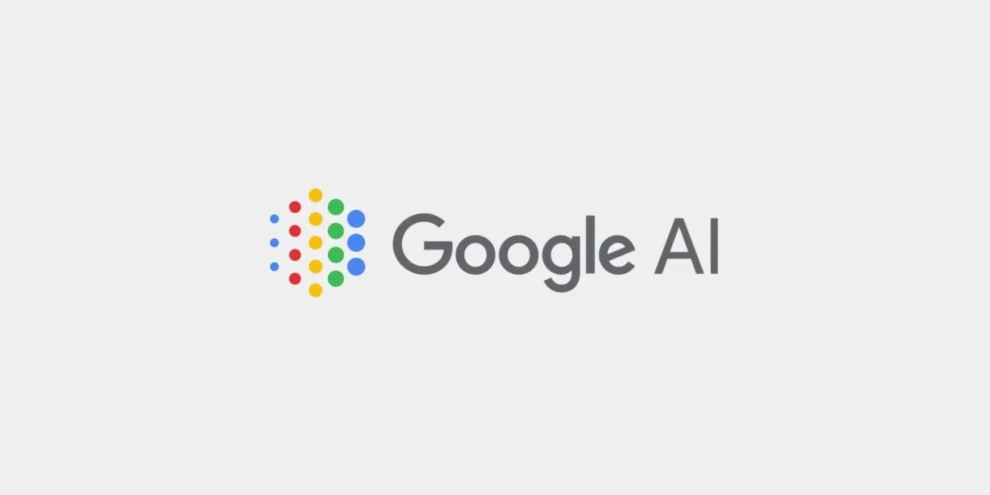In a remarkable leap forward for disaster management, Google researchers have harnessed the power of artificial intelligence (AI) to predict floods with high accuracy, even in regions scant on data. This initiative, part of Google’s broader commitment to using technology for social good, marks a significant advancement in our ability to foresee and mitigate the impacts of natural disasters on vulnerable communities worldwide.
Key Highlights:
- Google’s AI-driven flood forecasting system can now predict floods four days in advance, a capability previously unattainable in data-poor regions such as South America and Africa.
- The system is designed to scale globally, providing potentially life-saving early warnings to millions of people in over 80 countries.
- Through the use of machine learning and innovative modeling techniques, Google’s approach significantly enhances the accuracy and reliability of flood predictions, especially in areas lacking extensive hydrological data.
- The initiative is a part of Google’s Crisis Response program, aiming to leverage the company’s technological prowess to offer timely disaster alerts and information.
The Power of AI in Disaster Management
At the heart of Google’s breakthrough is the application of machine learning models that analyze various data sources, including satellite imagery, elevation maps, and historical flood data, to forecast flooding events with unprecedented precision. This approach not only improves forecast accuracy but also enables predictions in regions where traditional data sources are sparse or nonexistent.
Overcoming Data Scarcity
One of the most innovative aspects of Google’s flood forecasting system is its ability to operate effectively in regions with limited hydrological data. By utilizing machine learning techniques that extrapolate from available data, the system can make accurate predictions even in areas where water flow measurements are not routinely collected. This capability is particularly crucial for lower-income countries, which are often the most affected by the lack of comprehensive flood forecasting systems.
Global Reach and Impact
The expansion of Google’s flood forecasting initiative to cover 80 countries is a testament to the scalability and potential global impact of the technology. The system provides forecasts up to seven days in advance, offering a crucial window for preparation and response that can save lives and reduce economic damage. With its broad coverage, the initiative now extends its benefits to 460 million people worldwide, demonstrating the tangible benefits of AI in enhancing global disaster resilience.
A Model for Future Disaster Response Efforts
Google’s success in applying AI to flood forecasting exemplifies the potential for technology to address some of the most pressing challenges faced by humanity. By sharing insights and methodologies, Google is not only contributing to the immediate goal of reducing flood-related fatalities and damage but also paving the way for future innovations in disaster management and response.
Google’s AI-driven flood forecasting system represents a significant advancement in our ability to predict and respond to natural disasters. Through innovative use of technology, Google is making strides towards a safer, more resilient world for communities at risk of flooding, particularly in regions traditionally underserved by existing forecasting methods.



















Add Comment